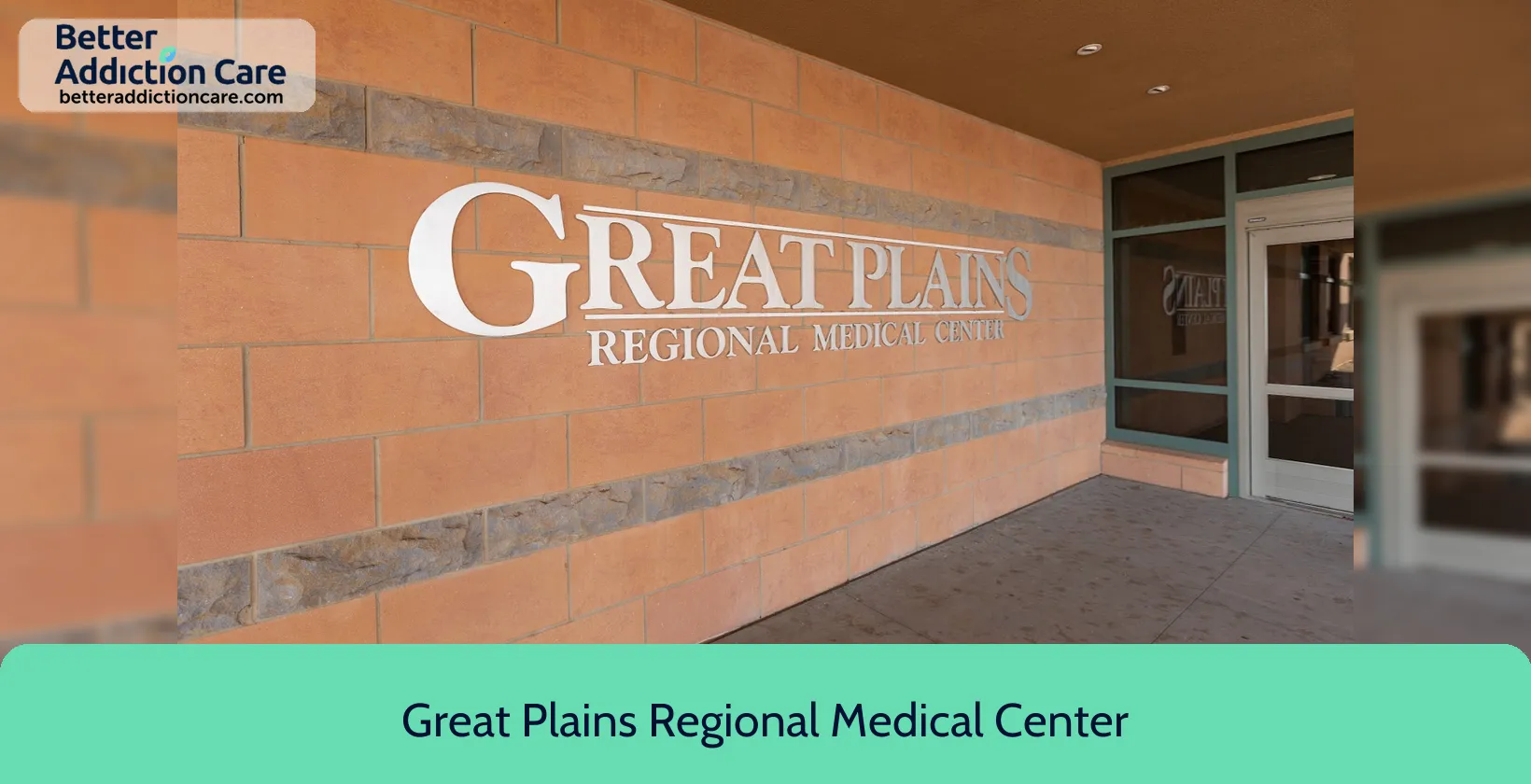Hearts of Hope

Overview
Hearts of Hope is a mental health treatment center for people seeking treatment near Beckham County. As part of their treatment modalities for recovery, Hearts of Hope provides couples/family therapy, group counseling, and cognitive behavioral therapy during treatment. Hearts of Hope is located in Elk City, Oklahoma, accepting cash or self-payment for treatment.
Hearts of Hope at a Glance
Payment Options
- Cash or self-payment
- Medicaid
- State-financed health insurance plan other than Medicaid
- Private health insurance
- Federal military insurance (e.g., TRICARE)
Assessments
- Screening for tobacco use
- Comprehensive mental health assessment
- Comprehensive substance use assessment
Age Groups
- Children/adolescents
- Young adults
- Adults
- Seniors
Ancillary Services
- Case management service
- Court-ordered outpatient treatment
- Diet and exercise counseling
- Education services
- Family psychoeducation
Highlights About Hearts of Hope
6.71/10
With an overall rating of 6.71/10, this facility has following balanced range of services. Alcohol Rehabilitation: 8.00/10, Drug Rehab and Detox: 6.00/10, Insurance and Payments: 6.00/10, Treatment Options: 6.85/10.-
Alcohol Rehabilitation 8.00
-
Treatment Options 6.85
-
Drug Rehab and Detox 6.00
-
Insurance and Payments 6.00
Treatment At Hearts of Hope
Treatment Conditions
- Alcoholism
- Mental health treatment
- Substance use treatment
- Co-occurring Disorders
Care Levels
- Outpatient
Treatment Modalities
- Couples/family therapy
- Group counseling
- Cognitive behavioral therapy
- Dialectical behavior therapy
- Integrated Mental and Substance Use Disorder treatment
Get Help Now
Common Questions About Hearts of Hope
Contact Information
Other Facilities in Elk City

6.91

7.06
DISCLAIMER: The facility name, logo and brand are the property and registered trademarks of Great Plains Regional Medical Center, and are being used for identification and informational purposes only. Use of these names, logos and brands shall not imply endorsement. BetterAddictionCare.com is not affiliated with or sponsored by Great Plains Regional Medical Center.
